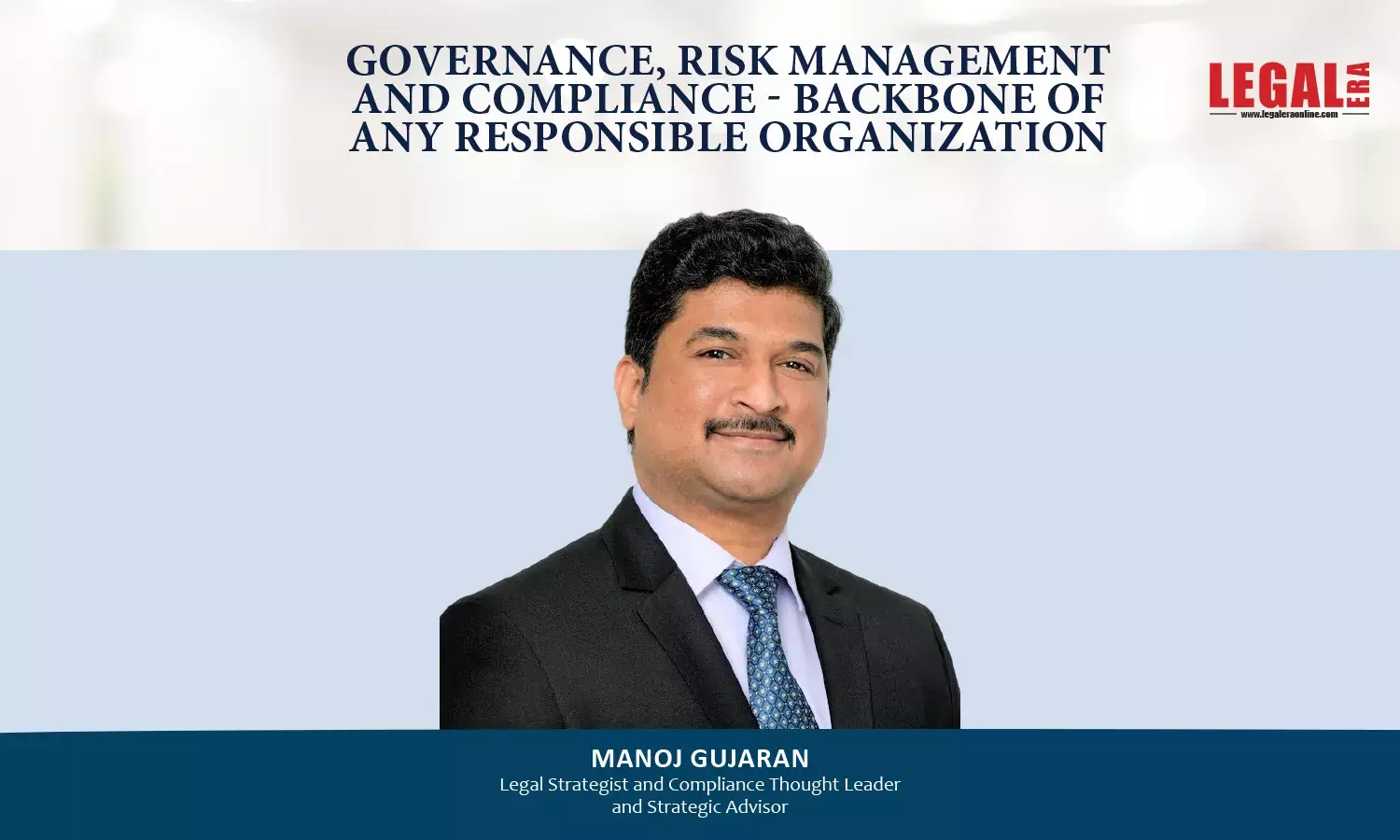On the one hand, the Indian mining sector is seeing the government taking a pro-active role to develop it while on the other, there's a proposal to introduce a bill that may render it as one of the highest taxed in the worldThe Indian mining sector has witnessed various policy changes in recent times. There is a genuine and urgent requirement for mining resources in the country to meet...
On the one hand, the Indian mining sector is seeing the government taking a pro-active role to develop it while on the other, there's a proposal to introduce a bill that may render it as one of the highest taxed in the world
The Indian mining sector has witnessed various policy changes in recent times. There is a genuine and urgent requirement for mining resources in the country to meet energy requirements of consumers. The Government of India (GOI) has introduced or initiated a series of policy changes for the mining sector, including the proposed Mines and Minerals (Development and Regulation) Bill 2011, various tax benefits, a liberalized foreign direct investment regime and eligibility for debt funding.
Foreign direct investment in the mining sector
As per the GOI’s recent FDI policy (April, 2012), 100% Foreign Direct Investment (FDI) is permitted under the automatic route for mining and exploration of metal and non-metal ores, including diamond, gold, silver and precious ores but excluding titanium-bearing minerals and their ores. In case of coal and lignite, 100% FDI is permitted under the automatic route for captive consumption by power projects, iron and steel and cement units only. 100% FDI under the automatic route is allowed for setting up coal processing plants like washeries.
External commercial borrowings for the mining sector
Under the External Commercial Borrowing (ECB) policy of the GOI, use of ECB proceeds for mining activities is one of the permissible end uses. Up to USD 750 million or equivalent per financial year per borrower under the automatic route can be borrowed. The tenor of the loan should be five years for ECB above USD 20 million and up to USD 750 million or equivalent.
In a move to help borrowers raise ECB amidst volatile global markets, RBI has decided to keep the all-in-cost ceiling for ECB at 6 months Libor + 500 bps for ECB with average maturity period of more than 5 years. Mining companies can now import capital goods by availing of short term credit (including buyers/suppliers credit) in the nature of ‘bridge finance’ under the approval route subject to certain underlying conditions. RBI has now allowed mining companies to refinance their existing rupee borrowings with fresh ECB proceeds. However, only 25% of the ECB proceeds can be used for refinancing purposes and the all-in-cost ceiling should not exceed the permissible all-in-cost prescribed under the ECB policy.
Mines and Minerals (Development and Regulation) Bill, 2011 - at the cross-roads
The GOI has introduced the Mines and Minerals (Development and Regulation) Bill, 2011 (The Bill), which is all set to replace the existing Mines and Minerals (Development and Regulation) Act, 1957 (The Act), once it is passed by the Indian parliament.
Key provisions of the Bill
Grant of License-More transparency and competition The Bill provides that no person shall be eligible for grant of a mineral concession unless such a person is a citizen of India or a company defined under the Companies Act, 1956, or a firm registered under the Partnership Act, 1932 and has registered himself with the Indian Bureau of Mines (IBM) or other authorised agencies.
The registration of mineral concessions for major minerals will be administered by the IBM, minor minerals shall be administered by the respective state directorate and coal minerals shall be administered by the Central Government.In respect of major minerals, the minimum area for grant of reconnaissance cum exploration licence shall be 100 sq. km, a prospecting license shall be 1 sq. km and a mining lease shall be of 10 hectares. The mining lease for a major mineral shall be granted for a period between 20–30 years and can be extended up to a further period of 20 years at a time.
The Bill provides that a non-exclusive reconnaissance license, high technology reconnaissance cum exploration licence, prospecting licence and mining lease (hereinafter referred to as mining licenses) in respect of coal minerals, atomic minerals and beach sand minerals shall be granted and extended by the respective state governments only with prior approval of the Central Government.Additionally, mining licenses in respect of coal shall be granted by the state government to a company approved by the Central Government on pre-determined terms and conditions.
The Bill envisages a grant of licence or lease to coal mining companies on a competitive bidding and auction process. This does not apply to government companies engaged in coal mining and to companies or corporations which have been awarded a power project on the basis of a competitive bids for tariffs. The GOI has recently notified the Auction by Competitive Bidding of Coal Mines Rules, 2012 (the Auction Rule).
The Auction Rule came in to force from February 2, 2012 and provides detailed procedure for allocation of coal blocks through auction by competitive bidding, including procedure for allocation of coal blocks to government companies and to a company or corporation which has been awarded a power project on the basis of competitive bids for tariff.
The auction proceeds shall be transferred to the respective state government where the coal block is located.Transfer of licence an aid to financing The Bill allows transfer of mining licenses with state government approval.However, transfer of mining licenses in respect of coal minerals, atomic minerals and beach minerals can only be done with prior approval of the Central Government. In case of financial institutions notified by the Central Government as mortgagees, no approval is required and this will enable banks to fund mining projects.
Payment of royalties, rents and compensations a huge financial burden These provisions of the Bill are very onerous on mine developers and will cause significant financial strain. Under the Bill, GOI proposes a general increase in the amounts paid as royalty and dead rent (as the case may be) to the Central Government or state governments from the existing rates as per the Act.A lessee of a mining lease, in case of a major mineral is required to deposit with the state government an amount calculated at the rate of 1 lakh per hectare of the lease area payable in equal installments over the mining plan period as security.The Bill requires every mineral concession-holder to pay to every family holding occupation or usufruct or traditional rights of the surface of the land over which the licence has been granted, a reasonable annual compensation.
- in case of major minerals (except coal and lignite), an amount equivalent to the royalty paid during the financial year; and
- in case of coal and lignite, an amount equal to 26% of the profit after tax for the period immediately preceding financial year from mining.
The holder of a mining lease is required to allot at least 1 non-transferable share at par for consideration other than cash to each person of the family affected by mining-related operations.Every concession holder has to provide employment to the families affected by the mining activities in accordance with rehabilitation and resettlement policies.Upon termination of a mining lease, the lessee is obliged to compensate the land holder for any damage caused due to the mining activities.
The concerned state government should determine the compensation amount payable by the lessee. The Bill also empowers the concerned state government to take stringent action for non-payment of compensations under the Bill, including forfeiture of the security deposit and revocation of lease, etc. The Bill also empowers the Central Government and state governments to levy and collect cess on mining of major mineral in the nature of custom duty or excise duty, when the minerals are exported or sold.
Under the extent Foreign Trade Policy of India, mining is considered to be a manufacturing activity, and therefore, mining companies exporting ores and minerals can avail of any of the following schemes:
(i) Advance Authorization schemes;
(ii) Duty Free Import Authorization scheme;
(iii) Duty Exemption Passbook scheme; and
(iv) Duty Drawback scheme.
Regulatory agencies-Constitution of new national and regional bodies
The Bill empowers the Central Government to establish a body corporate to be named as the National Mining Regulatory Authority (NMRA) to perform various functions assigned under the Bill in relation to major minerals (other than coal). State governments may also establish corresponding state level regulatory authorities. Interestingly, the Central Government may supersede the NMRA for a period of 1 year and appoint a person to exercise its powers and discharge functions.
In addition, the Central Government can set up the National Mining Tribunal (National Tribunal) to exercise jurisdiction powers and authority conferred under the Bill. However, any order passed by the NMRA and the state regulatory agency shall not be subject to revision by the National Tribunal.
Taxation of Indian mining sector-an indicative list of applicable taxes and benefits
Export incentives
Under the extent Foreign Trade Policy of India, mining is considered to be a manufacturing activity, and therefore, mining companies exporting ores and minerals can avail of any of the following schemes: (i) Advance Authorization schemes; (ii) Duty Free Import Authorization scheme; (iii) Duty Exemption Passbook scheme; and (iv) Duty Drawback scheme. Under the 3% Concessional EPCG scheme, capital goods imported for mining would qualify for concessional rates of customs duty @ 3 % subject to certain export obligations being fulfilled. Capital goods and equipment imported for the purposes of a specific mining project also attracts customs duty at a lower rate of 10 %, subject to certain conditions.
Under the Finance Bill, 2012, capital goods being imported by the importer have been presently exempted from basic customs duty in order to boost the coal mining. Basic customs duty on capital goods and equipment imported for setting up or substantially expanding iron ore beneficiation or pellet plants and for surveying or prospecting mines have been reduced.Additionally, under Indian tax law, mining companies exporting minerals can avail of a deduction equivalent to the profits derived from such export in computation of their total income, subject to certain conditions.
Transfer pricing
The Finance Bill, 2012 has proposed to extend the transfer pricing regulations to the transactions entered into by domestic related parties (i.e. between related parties or other undertakings of the same entity), which exceed a monetary threshold of Rs. 5 crores (US$ 1 million approx.) in aggregate during the year.
Service tax
Services would include services provided to any person "in relation to" mining of minerals. The present rate of service tax that is applicable has been increased to 12.36% on the gross amount of taxable service.
Conclusion
Presently the Indian mining sector is going through a difficult time due to various political and regulatory uncertainties. On one hand, we are witnessing governments taking a pro-active role to develop the mining sector by liberalizing the foreign investment regime, bring in transparency in allotment of mines, enbling overseas borrowings and providing tax incentives, and on the other hand, proposing to enact the Bill which may render the Indian mining sector as one of the highest taxed in the world. As these costs will be passed on to domestic consumers, this could have a spiralling inflationary effect on the entire commodities sector and needs a rethink before their introduction.









